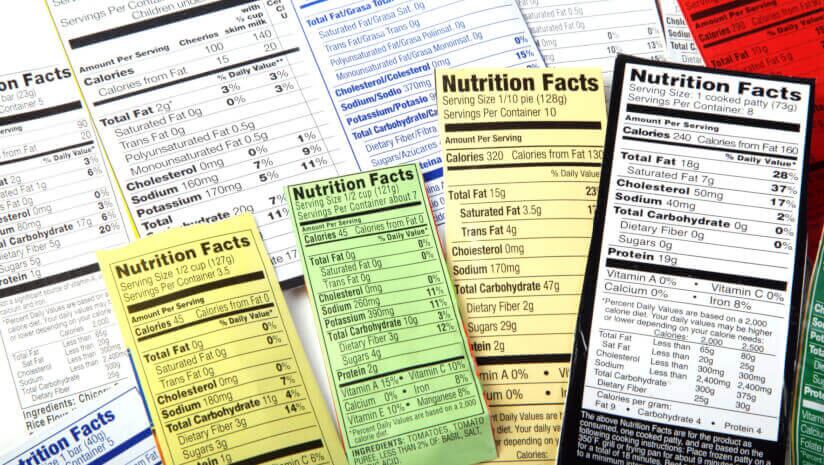The committee found strong evidence in replacing butter with plant-based oils and spreads containing unsaturated fats. Based on 12 randomized clinical trials (RCTs), the evidence shows that replacing butter for options like sunflower or olive oil significantly lowers low density lipoprotein (LDL) cholesterol levels, however it does not impact high density lipoprotein (HDR) cholesterol or triglycerides. Plant sources higher in saturated fats like coconut oil, cocoa butter and palm oil were evaluated yet did not indicate differences in outcomes for LDL cholesterol when compared with animal sources or other saturated fats.
When compared to unsaturated fat sources, butter was linked to a higher risk of CVD, although the committee emphasized the need for more research to finalize long-term outcomes.
Replacing tropical oils like coconut and palm oil with vegetable oils high in unsaturated fats indicated lower LDL cholesterol levels. However, the switch did not affect blood pressure, and the impact on HDL cholesterol levels was inconclusive.
Limited evidence on cardiovascular impact of switching between dairy and meat
Switching between dairy, like yogurt to cheese, did not significantly influence CVD risk. While the evidence was moderately strong, the findings highlighted concerns about consistency and generalizability. Additionally, substituting higher-fat dairy with lower-fat options did not indicate a substantial difference in CVD outcomes given the evidence from cohort studies were limited by factors like measurement inconsistency and study design.
While the committee found insufficient evidence to fully conclude how dairy compares to red or processed meat in terms of blood lipids and mortality, replacing meat with dairy seemed to potentially lower the risk of CVD – although these studies did not clearly distinguish between processed and unprocessed red meat as they were grouped together, complicating the final analysis.
No significant differences in CVD risk were found between red and white meat, leading to a moderate conclusion. Limited evidence pointed to the relationship between replacing red meat with fish, seafood or eggs and morbidity. Although omega-3 from fish was expected to show benefits in reducing disease risk, the findings were inconclusive.
Replacing red meat (processed or unprocessed) with dairy, whole grains, plant-based foods or vegetables were linked to a reduced CVD risk, a finding the committee gives a moderate conclusion.
Inconclusive findings on the relationship for saturated fat across categories
The committee also highlighted inconclusive data on the effects of saturated fats in children across multiple categories, including dairy, meat and plant-based sources, indicating a significant gap in research.
Additionally, the committee could not assign grades for comparisons between processed and unprocessed red meat and between different levels of saturated fat in meat. This was due in large part to inconsistent study designs and a lack of adequate data.
While substantial gaps remain, particularly in research involving children, varied types of meat and the impact of saturated fats from both animal and plant sources, the committee emphasized the need for more research in these critical areas to better inform dietary guidelines and public health recommendations.




